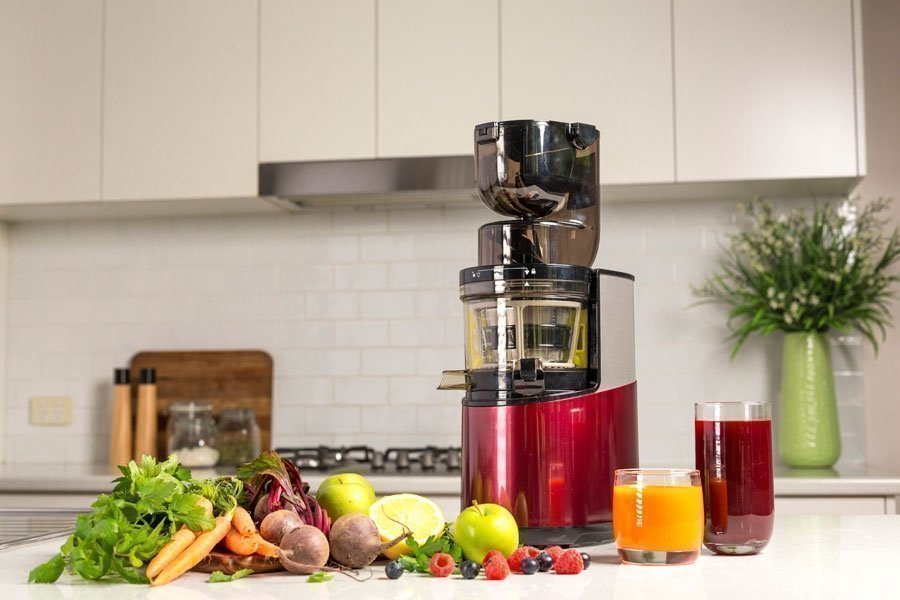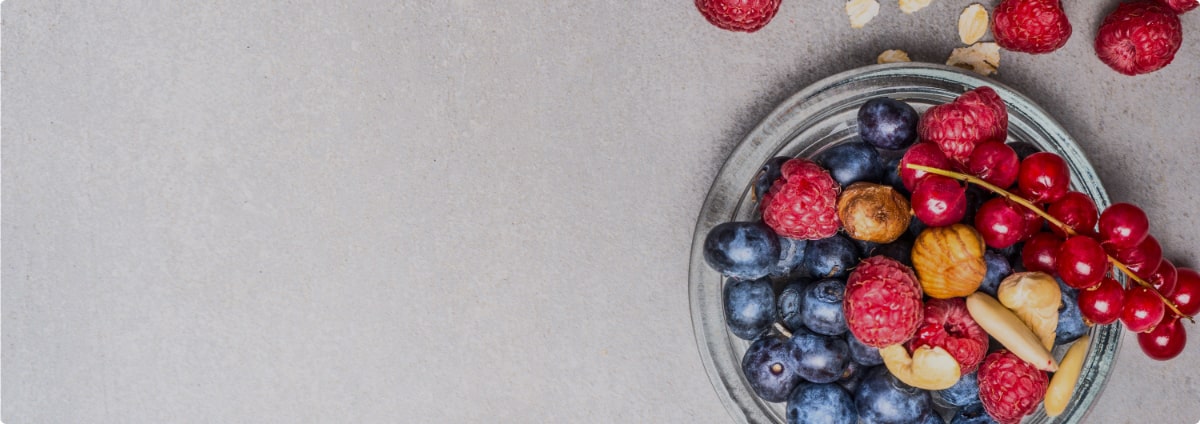Vitality 4 Life uses cookies to provide and improve our services, if you continue browsing, we consider that you accept its use. For more information, please see our privacy page.

Juicing with Kidney Disease
Juicing with Kidney Disease: Is it Safe?
Juicing is more popular than ever among people who care about their health, and with good reason. Juicing is a great way to take in extra nutrients with less effort and great taste. However, people with chronic kidney disease need to strongly consider any dietary changes. Is juicing good for your kidney health?

Kidney Disease and Your Diet
Chronic kidney disease (CKD) is a condition where the kidneys lose function over time. This can be caused by many things, but the two most common causes are high blood pressure and diabetes. As kidney function decreases, symptoms develop that including fluid buildup, increased blood pressure, and the buildup of wastes and toxins that the kidney typically remove without trouble.
With chronic kidney disease, many substances that are normally harmless can build up to dangerous levels. Most people don’t think about getting too much potassium, or calcium, or phosphorus. But with kidney disease, these and other minerals become a concern.
A good kidney diet is low in sodium. It carefully monitors, potassium, calcium, and phosphorus. It also watches protein intake. People in the early stages of chronic kidney disease typically need less protein, because working to process the waste products protein creates can put too much stress on a diseased kidney. But for people in the last stage of CKD, the protein requirement is different. The final stage of CKD is called end-stage renal disease (ESRD). During ESRD, people need either a kidney transplant, or dialysis treatments. Dialysis is a treatment where a machine filters out the blood as a sort of substitute for the kidneys. But it also filters out protein, so people with ESRD need to switch from a low- to a high-protein diet.

What are the benefits of Juicing?
Juicing with kidney disease should definitely be part of a larger landscape of fruits and vegetables, but it still offers many health and flavor benefits that are worth considering. Drinking fresh juice gives you:
- Increased concentrations of vitamins, minerals, and phytonutrients
- A great way to get fruits and veggies in your diet if you don’t like to eat them
- The chance to create your own flavor combinations (which can also help you sneak in vegetables you don’t like, alongside ones that you do)
- A higher concentration of antioxidants, which can reduce inflammation that can worsen CKD
- Higher levels of nutrients than pasteurized juices, or juices that have been stored for a long time.
Getting more plant-based foods in your diet is important for someone with CKD, and juicing is an excellent way to do that, especially if you have appetite issues due to the kidney disease.
Cold Press vs Blender: Which is Better if You Have CKD
Anything that gets more plants in your diet is going to be good for someone with CKD. However, blending probably edges out juicing slightly. A cold press juicer gives you a higher concentration of many nutrients, but it leaves out the fiber. And while juicing does give you more antioxidants per ounce, it also gives you more of things you want to avoid, like potassium.
Another thing to consider is fluid intake. People with CKD need to be careful about how much fluid they take in, so concentrating your fruit and vegetable intake into liquid form might not be as healthy as making a smoothie in the blender. In the end, blending gives you all of the benefits of fruit intake, but it also keeps other things that your body needs.
What to Look out for When Juicing with Kidney Disease
Juicing does have a lot to offer. But, as with any dietary decision with CKD, you need to be careful. Juicing has a few drawbacks, including:
- Loss of fiber content
- Increased sugar intake per ounce
- Fluid management
- Higher concentrations of substances that can harm the kidneys
The good news is that there are steps you can take for smart, effective juicing.
- Be careful with dark green vegetables like spinach or kale. They have high levels of vitamin K, which can increase blood clotting. You may not want increased clotting if you’re on dialysis.
- Avoid canned vegetables, which may have a high sodium content. Alternatively, look for canned veggies with no sodium added, or rinse them off before you use them.
- Avoid juicing fruits and veggies that are high in potassium – this will be even more concentrated in juice form.
Juice and Your Kidney Health
People with chronic kidney disease can benefit from the added fruit and vegetable intake that juicing affords. That said, be careful about the things you choose to juice, and be sure to supplement with blended foods like smoothies, or with other types of fruits and vegetables, to make sure that you get the fiber that you need.
[product id="1052"]
[product id="1431"]











